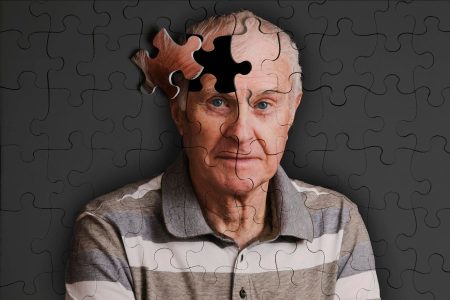A recent study from 2024 examined why some people choose to remain single and found that an individual’s attachment style plays a significant role in shaping their experience of singlehood. The study identified four main attachment styles that influence how individuals feel, behave, and connect with others while single.
Firstly, securely attached individuals tend to view singlehood as a deliberate choice, filled with contentment and autonomy. They have strong connections with family and friends, experience higher life satisfaction, and possess greater psychological need fulfillment compared to those with insecure attachment styles. Securely attached singles often report lower fear of being single, higher self-esteem, and empathy, and are less likely to experience depression, anxiety, loneliness, and problematic behaviors.
On the other hand, individuals characterized by heightened attachment anxiety struggle with maladaptive behaviors resulting from insecurity and fears of abandonment. They tend to exhibit traits such as jealousy, suspicion, and emotional volatility, leading to unstable relationships and dissatisfaction with singlehood. Anxiously attached singles often have lower self-esteem, greater loneliness, and heightened emotional distress, and may fear rejection and loneliness while yearning for intimacy.
Individuals with avoidant attachment styles tend to avoid emotional vulnerability and intimacy, preferring to maintain distance from others to avoid getting hurt. While they may display lower levels of commitment and empathy and report that singlehood is not relevant to their sense of self, avoidant singles may struggle to find fulfillment in both romantic and non-romantic relationships.
Lastly, fearfully attached singles have high levels of both attachment anxiety and avoidance, leading to ambivalence and inner turmoil in their experience of singlehood. They oscillate between a yearning for intimacy and dread of rejection, displaying chaotic behaviors in relationships and reporting the lowest levels of psychological well-being and availability of support. Fearful singles also experience heightened emotion dysregulation, fear of being single, increased social anxiety, and elevated levels of depression, anxiety, loneliness, suicidality, and problematic behaviors.
Attachment styles are not static and can evolve with intentional effort through therapy, self-reflection, seeking out healthy relationships, and nurturing meaningful non-romantic connections. Understanding one’s attachment style and how it impacts their experience of singlehood can help individuals navigate this period with more resilience and fulfillment. By taking the Fear Of Being Single Scale, individuals can gain insight into how they experience singlehood and take steps towards personal growth and well-being.















